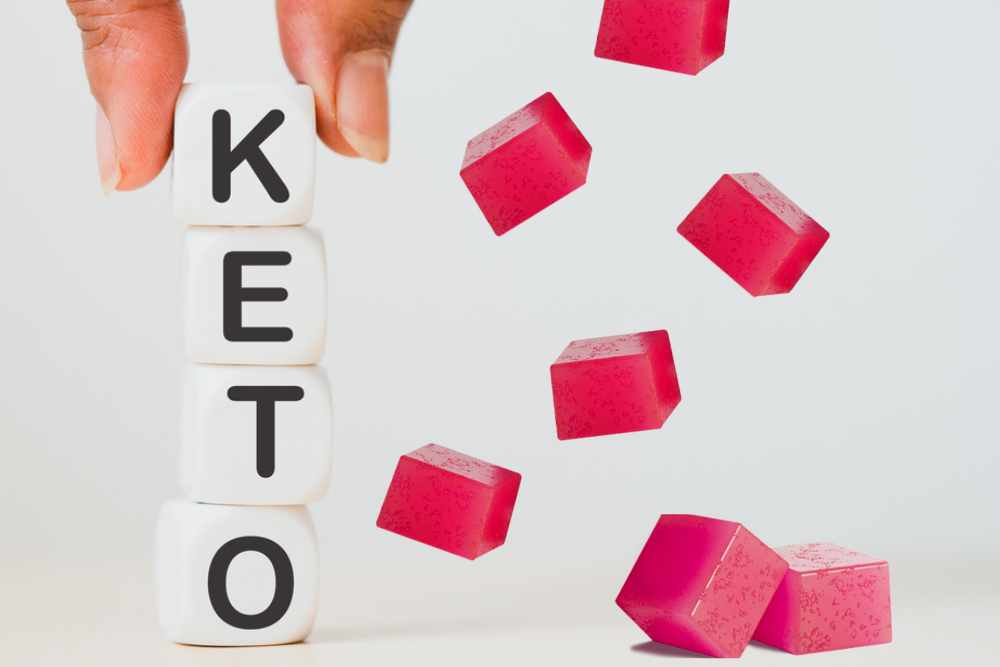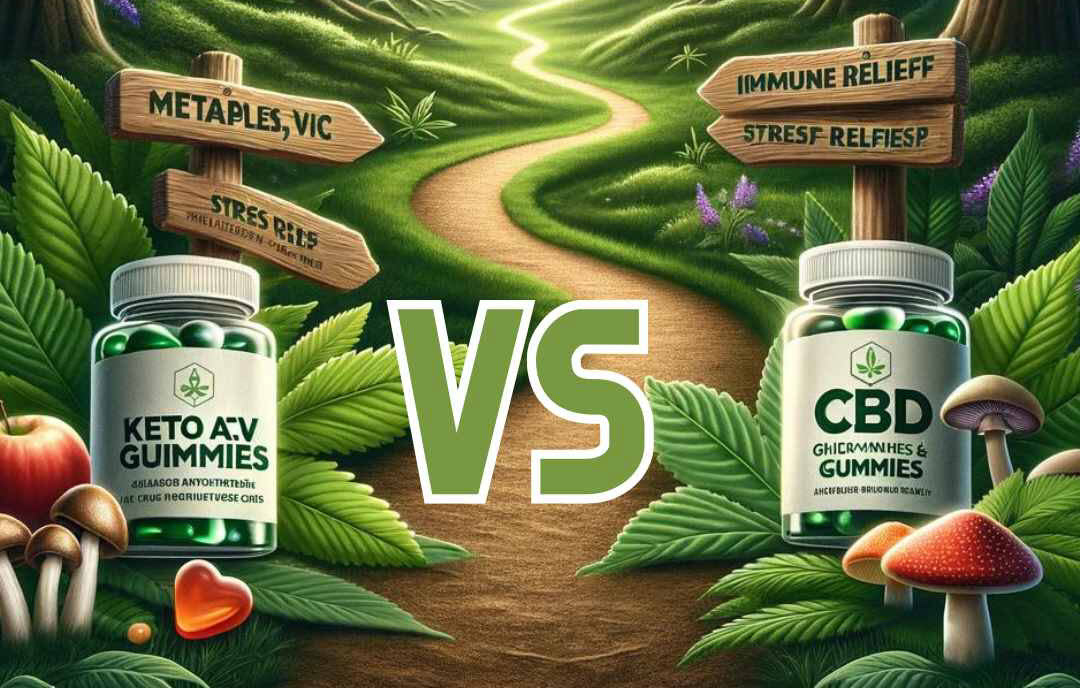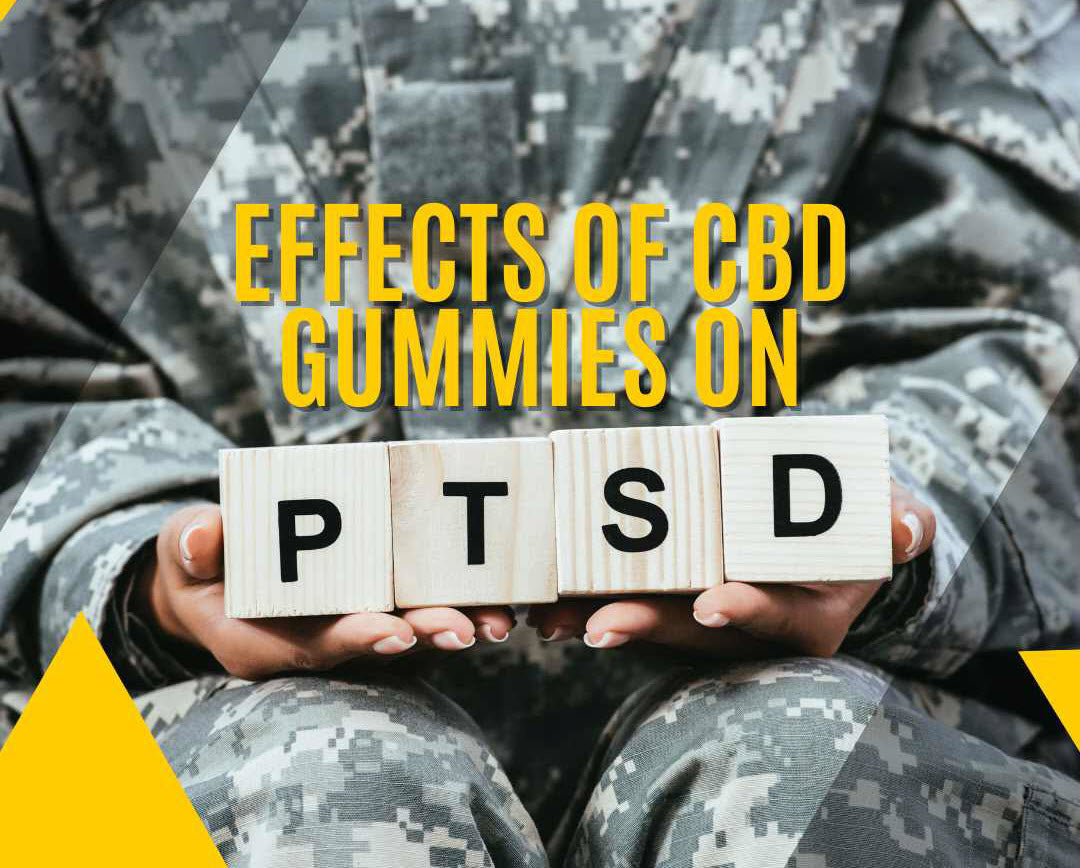How Much Does CBD Oil Cost?
CBD oil prices vary across brands and products. CBD strength is likely to increase CBD oil costs, and average CBD oil prices range from 0.05 cents per milligram to over 20 cents per milligram.
NanoCraft CBD oils are a good example of this price range, with prices ranging from 0.06 cents per milligram to 19 cents per milligram, depending on the CBD oil you choose.
What Is CBD Oil?
CBD, otherwise known as cannabidiol, is a cannabinoid found in cannabis and hemp plants. CBD can be extracted from either hemp or cannabis and purchased as an isolated extract in many forms. The most common way it is taken is as CBD oil.

CBD oil has skyrocketed in popularity thanks to its therapeutic potential. Research shows that CBD can induce a range of health benefits and is used as a key ingredient in the FDA approved medication Epidiolex (1), which is used to treat rare seizure disorders.
How Much Does CBD Oil Cost?
CBD oil prices can range from very cheap to very expensive.
One CBD oil brand may cost you $30, while another may cost you $200 for the same sized 30-gram bottle.
A good way to see how price can vary based on CBD oil strength is to compare CBD oils within the same brand.
These different CBD oils from NanoCraft CBD show just how much CBD oil strength you can get at the different price ranges:
|
Nanocraft CBD oils |
RRP USD |
CBD Cost Per Drop (1 ml drop) |
|
Day Time Daily CBD Oil with Caffeine and B-12 300 MG |
$59.99 |
$1.99 |
|
Night Time CBD Oil for Sleep 300 MG |
$59.99 |
$1.99 |
|
Pure CBD Oil Formula 750 MG |
$69.99 |
$2.33 |
|
1000 MG CBD Oil Drops - Gold Series |
$79.99 |
$2.66 |
|
2000 MG CBD Oil Drops - Gold Series |
$128.99 |
$4.29 |
|
3000 MG CBD Oil Drops - Gold Series |
$199.99 |
$6.66 |
Priced at roughly 0.06 cents per milligram, CBD’s strongest CBD oil 3000 MG CBD Oil Drops - Gold series offers a great value.

What Factors Affect the Price of CBD Oil?
A few factors can impact CBD oil prices, but it largely comes down to three factors:
- Quality of CBD oil
- Strength of CBD oil
- Marketing decisions
How Much CBD Do I Need?
The amount of CBD oil that you need will vary from person to person based on various factors.
Factors to consider when determining your dosage of CBD oil include:
- Metabolism: A slow metabolism can result in strong CBD effects, while a fast metabolism can make CBD oil less effective and may require a stronger dose.
- Genetics: Your genetics may affect how you experience CBD oil.
- Weight: Larger body weights often require higher doses of CBD oil than lower body weights to feel the same effects.
- The intensity of your symptoms: Stronger symptoms may require a higher dosage of CBD oil than more mild symptoms.
What Are the Benefits of CBD Oil?
CBD has gained a reputation as a therapeutic tool, and research shows that this reputation is well-earned.

Studies show that CBD oil may be able to induce these health benefits:
What Are the Side Effects of CBD Oil?
CBD oil has a high safety profile and is largely well-tolerated. The side effects of CBD oil tend to be mild and temporary.
Side effects of CBD oil may include:
- Dizziness
- Lethargy
- Suppressed Appetite
- Diarrhea
Another rather unknown side effect of CBD oil is that it may interrupt how your body processes medications. CBD has been found to affect the CYP-450 family of enzymes. These enzymes break down over 60% of medications, so any disruption to their action could result in medication staying in your system for a shorter or longer time than anticipated by your doctor.

Because of this, it is important to ask your physician before adding CBD to your routine if you take any medications.
Medications that may be affected by CBD oil include (7):
- Antibiotics
- Antihistamines
- Steroids
- Beta-blockers
- Aspirin
- Diazepam and other anesthetics
How Do I Use CBD Oil?
CBD oil can be consumed in a variety of ways. The best consumption method for you will depend on both your preferences and needs. Some methods have a higher bioavailability than others and will give you stronger results. A high bioavailability simply means that more CBD is reaching your bloodstream. Some of the most common methods for using CBD are:
- Edible: Due to the gut’s metabolic action, eating CBD oil in an edible will result in a lower bioavailability of around 6-20% (8). This makes edible consumption ideal for those who want a lower dosage of CBD.
- Sublingual: Sublingual application of CBD oil will have a higher bioavailability than edible consumption because when placed under the tongue, CBD oil is absorbed by mucous membranes. The membranes quickly transfer CBD into the bloodstream, avoiding the metabolic activity in the gut.
- Topical: Topical application of CBD oil is likely to have a very low bioavailability due to the high water content of the skin and the fact that CBD doesn’t dissolve in water. Topical CBD oil application is a great option for those new to CBD who want to start with low doses.
- Vaping: Vaping will provide the highest CBD levels of all consumption methods because of the permeability of the lungs. Vaping can provide up to 82% bioavailability (9). Vaping CBD oil is not for beginners and should be used by those who want high-strength CBD effects, e.g. those with intense symptoms.
How Can I Choose Quality CBD Oil?
When choosing a quality CBD oil, there are a few factors to keep in mind.
- Brand openness: Does a brand share its ingredient list or CBD sources? If so, they are likely more trustworthy.
- Certificate of Analysis (CoA): Does the CBD oil brand have a CoA from a third-party lab? A CoA will tell you what is in the CBD product, e.g. CBD concentration and any contaminants.
- Reviews: Reviews from other customers can give you great insight into the quality of a CBD product.
- CBD sources: How was the CBD produced? Look for products that source CBD through alcohol extraction methods.
Will CBD Oil Show Up on a Drug Test?
CBD became federally legal in 2018, provided it is hemp-derived and contains less than 0.3% THC. However, not all state laws align with the federal regulations, so CBD oil could still be illegal depending on your state. Be sure to familiarize yourself with the local laws before purchasing CBD products. The FDA has only approved one CBD-containing medication for use called Epidiolex. It is used for specific seizure disorders (10).

However, consuming CBD oil shouldn’t result in a failed cannabis drug test since those tests typically look for THC. Cannabis drug tests typically involve testing a urine sample, which can then be analyzed in two ways: immunoassay testing (IA) or gas chromatography-mass spectrometry (GC-MS).
Because a cannabis drug test is typically looking for high-inducing THC, if you are only consuming CBD, you shouldn’t receive a positive result. However, false positives are possible, and some CBD products contain trace amounts of THC that may show up on a cannabis drug test.
If you might have to take a drug test for THC, be sure that any CBD oil you take is THC-free.
What Other CBD Products Are Available?
CBD oil products like CBD drops are not the only CBD product available for those who want to add CBD to their wellness routine.
Other CBD products include:
- Topicals such as CBD creams
- Other edible products, including CBD powders or CBD capsules
- Inhalation products like CBD vapes

Coming in varying strengths and consumption methods, you can’t go wrong with CBD oil.
* DISCLAIMER: The information in this article is for educational purposes only. It does not exploit or provide medical advice of any kind. Therefore, any reliance you place on the information below is strictly at your own risk. Please check with your medical provider before starting or changing a CBD routine.
Kirsten Thornhill, MSNanocraft SciencesContent Writer | Physiologist | ResearcherKirsten Thornhill was born and raised in a small farm town in Stanislaus County, California. Kirsten graduated with a Master of Science degree in exercise physiology from Point Loma Nazarene University in San Diego, CA. She is very passionate about human physiology and the metabolic and nutritional adaptations that occur during exercise in active individuals and athletes. Kirsten has specialized in maximal oxygen consumption testing in athletes and teaching laboratory, clinical, practical, and research applications of exercise testing to college students. She enjoys educating and informing people on the importance of lifetime movement, plant-based eating, and health research and development. Her passion for natural, lifestyle medicine enables her to strive when promoting health and education.
References
- FDA approves first drug comprised of an active ingredient derived from marijuana to treat rare, severe forms of epilepsy. (2020, March 27). U.S. Food and Drug Administration.
- Couch, D. G., Cook, H., Ortori, C., Barrett, D., Lund, J. N., & O’Sullivan, S. E. (2019). Palmitoylethanolamide and Cannabidiol prevent inflammation-induced Hyperpermeability of the human gut in vitro and in vivo—A randomized, placebo-controlled, double-blind controlled trial. Inflammatory Bowel Diseases, 25(6), 1006-1018. https://doi.org/10.1093/ibd/izz017
- Hammell, D., Zhang, L., Ma, F., Abshire, S., McIlwrath, S., Stinchcomb, A., & Westlund, K. (2015). Transdermal cannabidiol reduces inflammation and pain-related behaviours in a rat model of arthritis. European Journal of Pain, 20(6), 936-948. https://doi.org/10.1002/ejp.818
- Masataka, N. (2019). Anxiolytic effects of repeated Cannabidiol treatment in teenagers with social anxiety disorders. Frontiers in Psychology, 10. https://doi.org/10.3389/fpsyg.2019.02466
- Shannon, S. (2019). Cannabidiol in anxiety and sleep: A large case series. The Permanente Journal. https://doi.org/10.7812/tpp/18-041
- Palmieri, B., Laurino, C., & Vadala, M. (2019). A therapeutic effect of cbd-enriched ointment in inflammatory skin diseases and cutaneous scars. Clinical Therapeutics, 170(2). https://doi.org/10.7417/CT.2019.2116
- Flockhart, D. A. (2020). Drug Interactions Flockhart Table ™. Drug Interactions. https://drug-interactions.medicine.iu.edu/MainTable.aspx
- Lanz, C., Mattsson, J., Soydaner, U., & Brenneisen, R. (2016). Medicinal cannabis: In vitro validation of vaporizers for the smoke-free inhalation of cannabis. PLOS ONE, 11(1), e0147286. https://doi.org/10.1371/journal.pone.0147286
- Lanz, C., Mattsson, J., Soydaner, U., & Brenneisen, R. (2016). Medicinal cannabis: In vitro validation of vaporizers for the smoke-free inhalation of cannabis. PLOS ONE, 11(1), e0147286. https://doi.org/10.1371/journal.pone.0147286
- FDA regulation of cannabis and cannabis-derived products: Q&A. (2020, March 8). U.S. Food and Drug Administration. https://www.fda.gov/news-events/public-health-focus/fda-regulation-cannabis-and-cannabis-derived-products-including-cannabidiol-cbd#approved
- #cannabidiol
- #cbd
- #cbdforathletes
- #cbdoil
- #hemp
Tagged under















No comments yet!
Be the first to comment